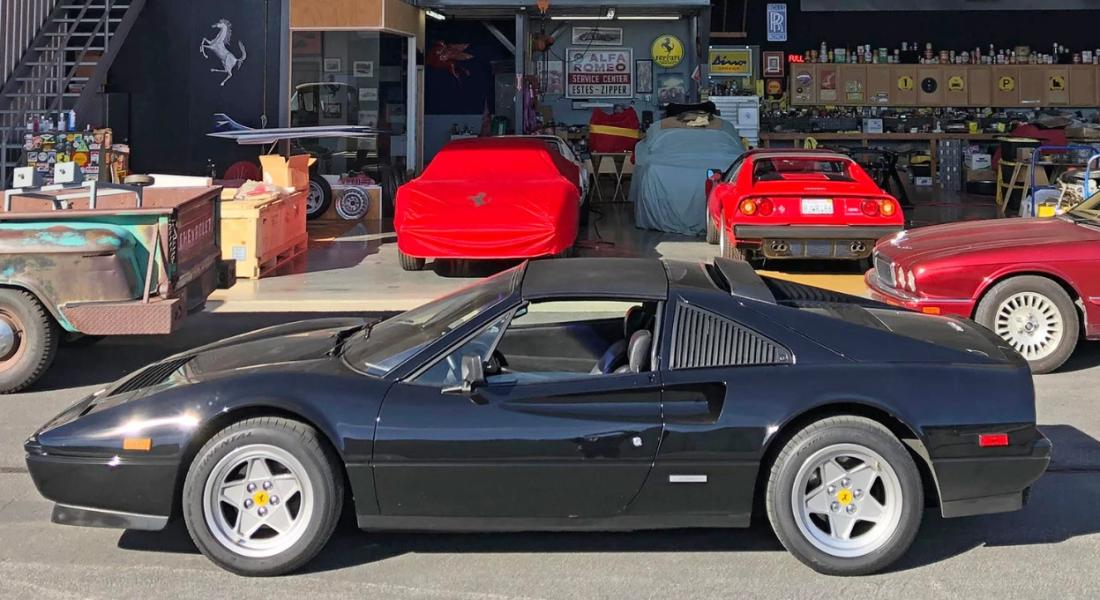We talk a lot here about how important records are to determining the integrity of a car. While it may seem like we're putting all the weight on the paper record itself, there's also a big part of the ownership experience that comes down to who you're buying the car from.
I'll buy cars with zero records (I do it a lot, actually) because I'm buying the seller. I'm buying what they tell me is true about the car. If I can't get a good vibe about the seller, it's incredibly difficult for me to want to part with the money. I'm slightly worried right now that I'm making a bad decision about the Audi Coupe Quattro I've committed to purchase, but overall, the seller strikes me as a fairly honest guy who isn't forcing me to do anything. He's shown the car to a close friend of mine and listed the numerous issues he's aware the car has.
Matt Farrah bought a car with a receipt that supposedly detailed a good amount of work. The car in question was a Ferrari 328, which is the sort of vehicle you should buy with a healthy amount of due diligence. He purchased this car over one owned by an enthusiast in great colors who claimed he did all the work himself - but had no evidence of the work being done other than his word.
As it turned out, the receipt the selling dealer of the car Farrah bought was false. The work wasn't done, but the dealer didn't know that. The dealer bought the car from an individual who was told by his shop that the work was done. So, best case, everyone was honest except for the shop that charged the previous owner $10,000 for work not done. The service record isn't the end-all, be-all, because there's still a big part of this hobby that revolves around the integrity of the seller and the buyer's trust in the process.
That's why we're such huge fans of The Common Gear. When you combine an actual history of work with great photos, heavy documentation, and the candor of community, the car's story becomes even more iron-clad, helping to avoid the exact scenario Matt Farrah found himself in. When you build the history of a car with all three legs on the stool, the transfer of ownership becomes much less nerve-wracking and encourages future owners to continue the cycle of obsessive maintenance and documentation.
